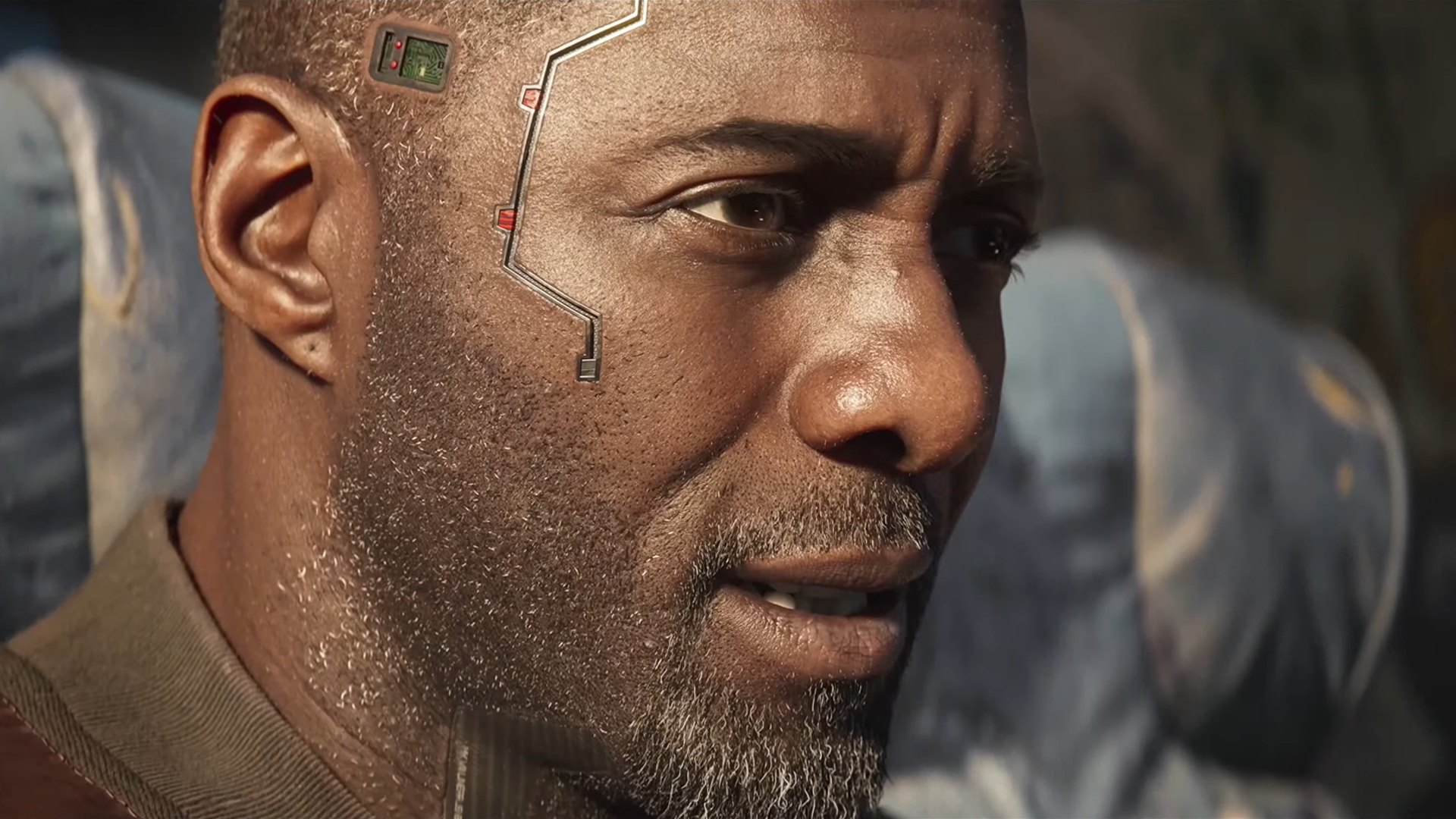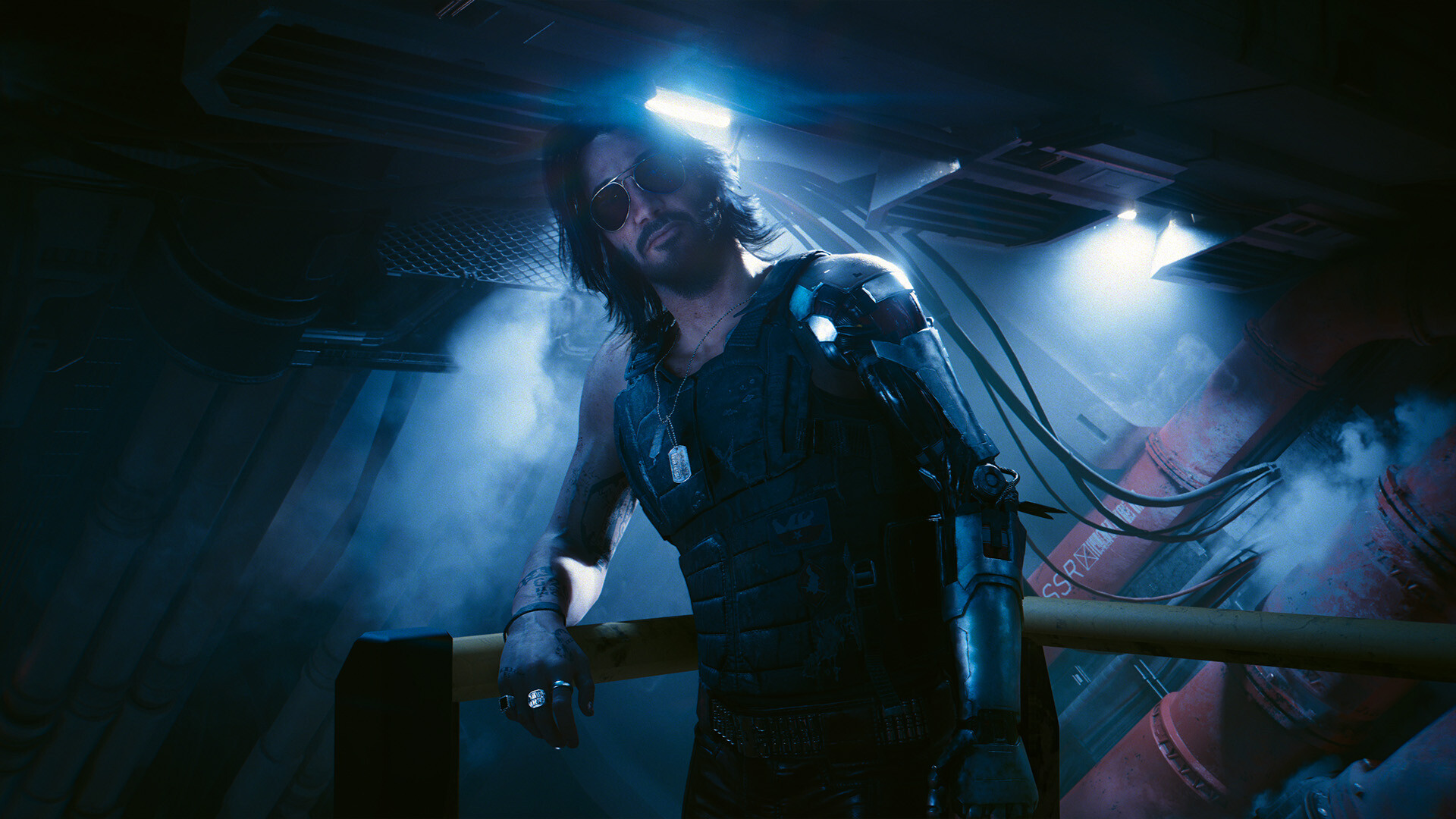
Phantom Liberty cemented Cyberpunk 2077's multi-year comeback, and CD Projekt Red quest director Paweł Sasko says the expansion's story benefited considerably from player feedback on the base RPG.
"We knew that players were unhappy with certain things, certain choices we had made," Sasko said in a recent interview with TheNeonArcade. "They appreciate one thing but did not appreciate another choice, and so on. That was all taken into account. When you look at Phantom Liberty's story, I hope you can see it, because goddammit, believe me I tried. And other people obviously as well."
Sasko singles out a few specific ways that Phantom Liberty's story looked to smooth over some pain points in Cyberpunk 2077. For example, he says "there are clear moments that we sort of calm down the action so that you as a player can feel fine and justified to just go to the open-world and do stuff. There are moments where you're even asked to do the open-world. There are moments we tried to blend as much open world as we can with the main story."
Then there's choices and consequences – pillars of RPGs. "So many players pointed out that they enjoyed what was in Cyberpunk, but they want more of that," Sasko says. "There was too little for them. So we looked and said obviously, obviously that should be in there. We should look into it. That was one of the things I was really pushing for, both my open-world designers and my quest designers, please, always the choices, always the branches."

Telegraphing, or communicating to players what's happening and why, was another big topic during Phantom Liberty's development. He compares Cyberpunk 2077's approach to The Witcher 3's, and reckons CDPR swung a little too far in the other direction for the sake of immersion.
"In The Witcher 3, if you make a choice, you even have the flashback moment where Geralt comes in and tells you, 'If I had chosen this or that, then this or that would happen.' You have this really artificial moment of that flashback telling you exactly what happened.
"In Cyberpunk, we wanted to make it as diegetic, as immersive as possible, as natural as possible. We were so subtle sometimes, because we wanted it to be so realistic and so natural, that we went so subtle and kind of missed the point, you know what I mean? We missed the point that, wait, the player made a choice and we need to make sure the player feels, is telegraphed that the result of what's happening is the result of what they've chosen.
"That was a really big learning for Phantom Liberty. OK, we are doing telegraphing. We are making sure we are showing all those consequences. That's why, so many times when you make a choice, there is a follow-up in the form of text messages, pictures in text messages, in the form of a quest branch where an NPC comes back."
Sasko says that design learnings like these "will be conclusions taken further" as CDPR looks to continue the Cyberpunk franchise with working-title sequel Project Orion. He also zeroes in on genre and theme, arguing that CDPR has matured as a studio and become more consistent in its writing, and that this is partly a function of the studio getting more accustomed to the Cyberpunk IP.
"We are trying to have a theme defined early and build everything around it, but also genre. We were doing variations of genre. We were doing, suddenly, quests that were comedy and tragedy and drama and tragicomedy and pastiche. We were doing those things in the past. Now we are so much more conscious and deliberate and, I would say, mature as creators ... When you play Phantom Liberty, you can feel it. That genre and theme is so defined, and you can feel that we as creators know what we are doing. We actually understand the IP so much better than we did in the past."
The Witcher 3 was a massive series step forward, and CDPR wants a similar glow-up for Cyberpunk 2077's sequel.







